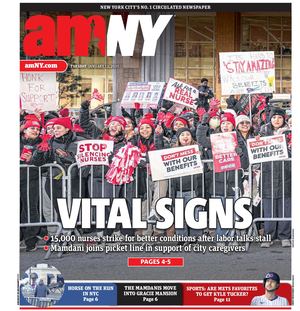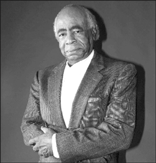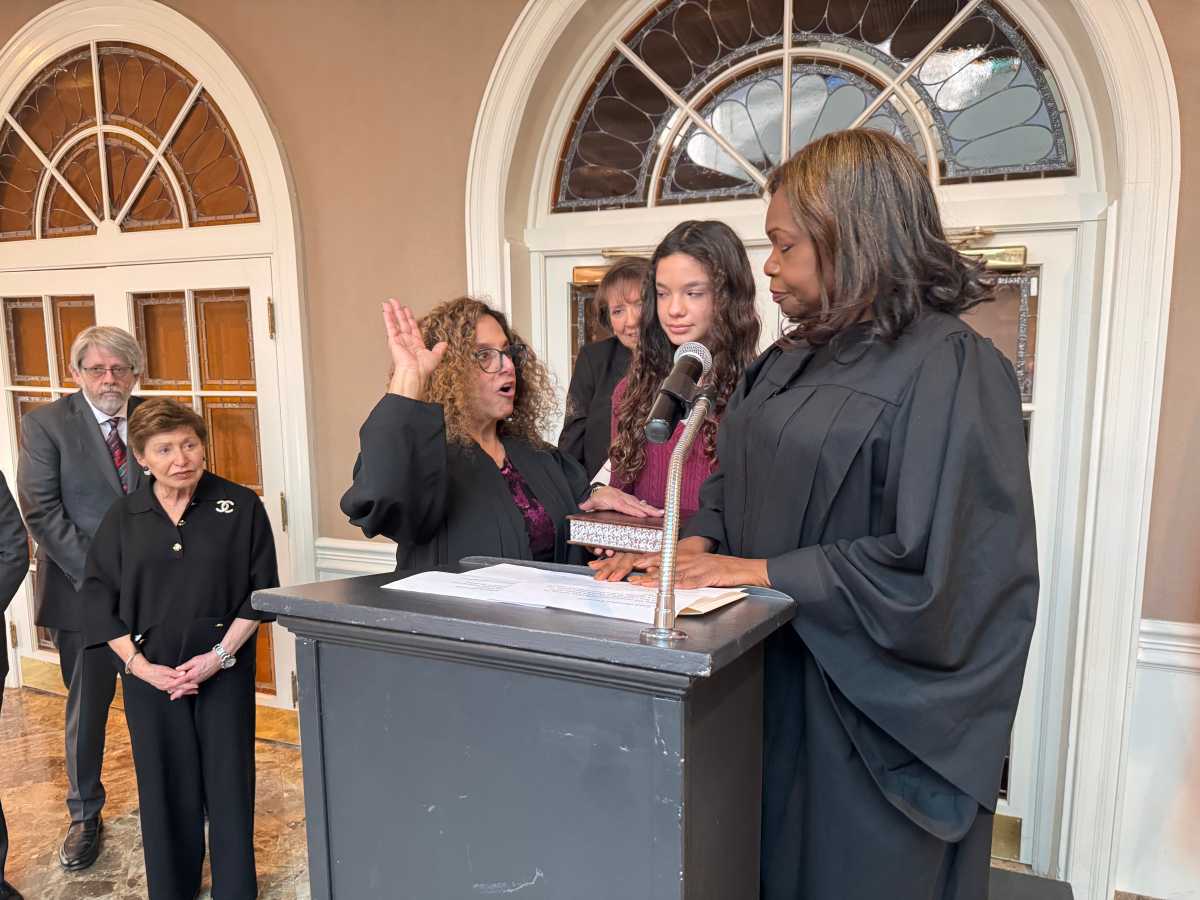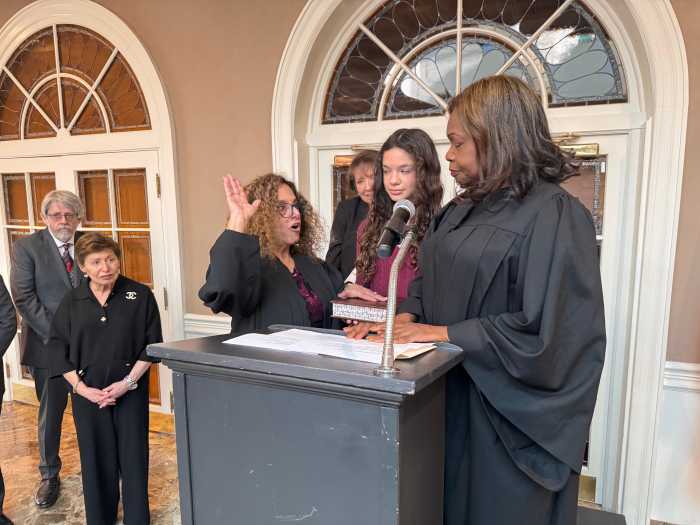By Jerry Tallmer
Black into black. That dark night. He was very gentle and gentle-manly in many respects — all respects — but I do not believe that anyone who ever saw and heard his terrifying Babu, the slave who takes over the slave ship in Robert Lowell’s “Benito Cerino,” would think Roscoe Lee Browne, who was stolen from us last week at 81, could go gentle into that dark night. Roaring basso profundo would be more like it.
And yet, of course, he was all too humanly vulnerable. Two black men have beseeched my presence at a fearful moment in their own lives. One was James Baldwin, when he was heading for Mississippi in 1964. The other was Roscoe Lee, when he was on the verge of a crackup. I don’t exactly remember when. Later than ’64. “Please,” he begged, once he had somewhat (but not much) calmed down, “please find Colleen for me, Tell her I need her. I don’t know where she is, but if you find her, she’ll come.”
I did and she did. His beloved — well, everybody’s beloved — Colleen Dewhurst.
The first time I ever laid eyes on either of them, both of them, was in a beautiful little mahogany-lined auditorium almost as far east on 6th Street as you could get without jumping in the East River. This was the sanctuary of the Emanuel Brotherhood, rented or more likely scrounged for certain dates in the winter of 1955 by an unknown young TV stage manager named Joseph Papp. The play that Papp’s Shakespearian Workshop Theater (soon to be renamed New York Shakespeare Festival) was putting on — the young women in high-school-type party dresses, the men in black trousers and white shirts — was Shakespeare’s grisly “Titus Andronicus.” One of the women was Colleen Dewhurst. One of the men was J.D. Cannon. Another of the men, playing ultra-evil Aaron the Moor, was a deep-voiced onetime international track star, onetime French and literature teacher in New Jersey, onetime Schenley’s liquor salesman named Roscoe Lee Browne. At the age of 30 he had upheaved his whole life to hazard a new career as actor. You could not — I could not — take your eyes off him or any of them.
The 1950s was when black actors and playwrights and directors were beginning to burst forth, come into their own, thanks to people like Joe Papp and Gene Frankel and Douglas Turner Ward and Robert Hooks and Lorraine Hansberry and Ruby Dee and Diana Sands and Sidney Poitier and Philip Rose and David Rothenberg and LeRoi Jones and James James Earl Jones and a great many others — certainly not least Roscoe Lee Browne.
He moved beyond theater to poetry — to devising, with Bobby Hooks and James Earl Jones, an all-black-star reading of work by black poets that, under the title “A Hand Is at the Gate” (from a headline I’d put atop my review), went from one night in Central Park to a full stand on Broadway. It was very moving, I’ll tell you. As noted above, Roscoe Lee had, among other things, been a teacher of literature in what’s called real life.
He was a man of gravity and grace — about as far away from hip-hop and rap-trap as I am from the moon — and yet he could be funny as hell when he opened up, particularly about his sexual placement, which was about as open as one could be in those days. Open and colorful — many colors beyond black — but not effete.
In 1972, some time after that near crackup, he was back at work in Hollywood, and lo and behold, riding a horse opposite none other than John Wayne in a saga called “The Cowboys.” We met for lunch, Roscoe Lee and I, here in New York, and he had me under the table as he described the first face-to-face encounter of the Super Macho and the Super Queen, circling one another on their steeds, sizing one another up. In the end, Roscoe Lee Browne and John Wayne — born Marion Morrison — got along quite well. But to the end of one of their lives, and now both, Roscoe Lee, with a devilish straight face, always addressed his cowboy costar as “Marion” — a girl’s name.
The one play that during its long run in the 1960s was at one time or another inhabited, so to speak, by every Negro actor in New York, many of them thereby coming to public attention for the first time, was Jean Genet’s “The Blacks” in Gene Frankel’s smash-through staging at St. Mark’s Playhouse. Roscoe Lee was its first Archibald Absalom Wellington, courtier, diplomat, narrator. He gave it lucidity, of course, and force. Great solemn force. Listen, you can hear it now.




































